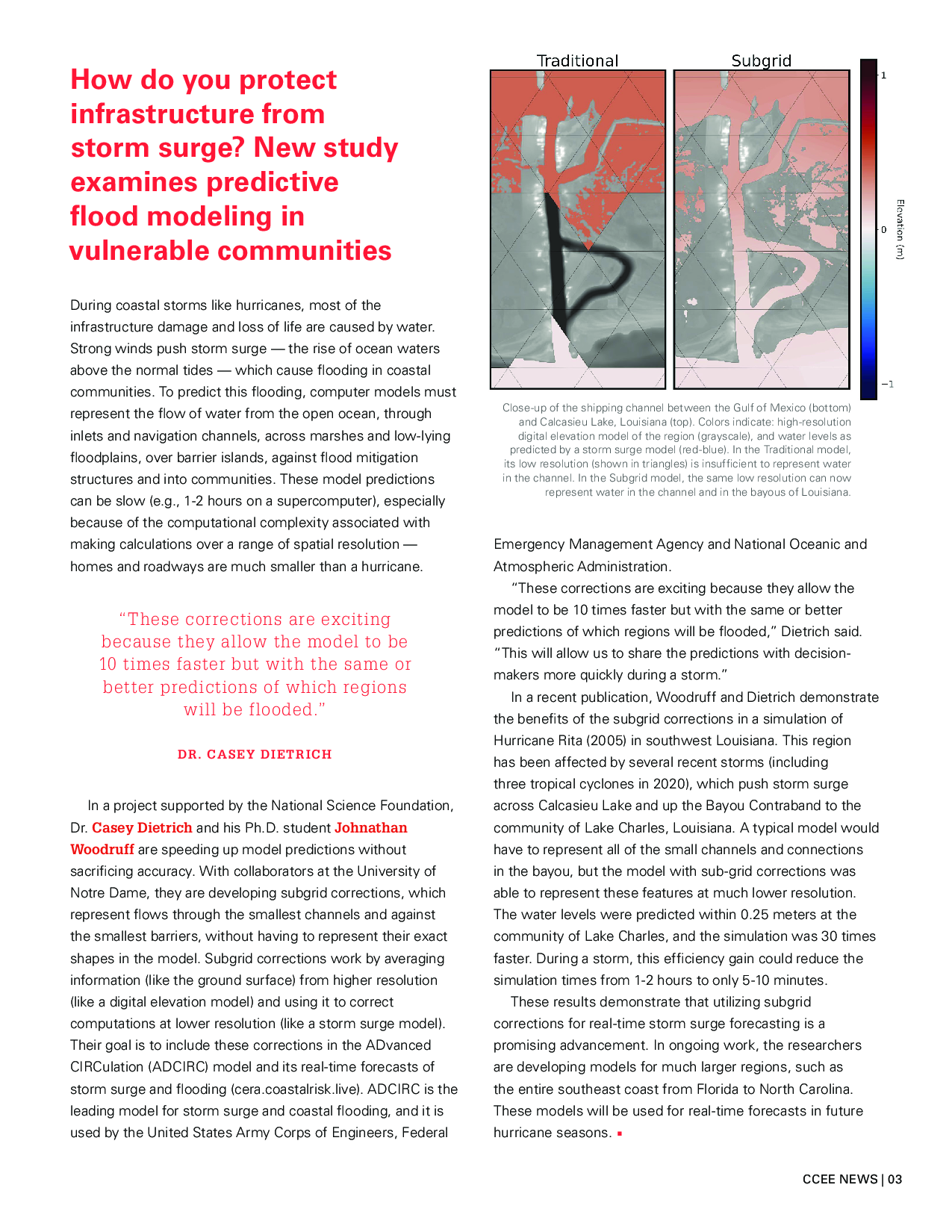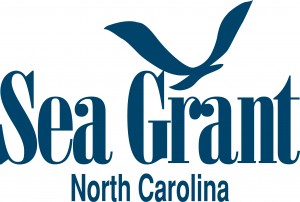CCEE faculty to advance understanding of toxic algae blooms, protect human health as part of new NSF, NIEHS Center at NC State

Obenour will lead a project with Dietrich and Natalie Nelson (Department of Biological and Agricultural Engineering) focused on the development of models to predict the transport of cyanotoxins — toxins produced by cyanobacteria released in algae blooms — in coastal environments. The models will focus on coastal North Carolina, especially the estuaries and sounds where freshwaters mix with saline waters. With the models, researchers will evaluate where cyanotoxins may collect and where they may originate. They will also evaluate scenarios of future climate, such as how changes in temperature, river flows, and sea levels may affect the transport of cyanotoxin.
According to Obenour, “the research will protect public health by identifying cyanotoxin hotspots and by informing management actions to reduce cyanotoxin risks in the future.”
2024/02/28 – NCSU College of Sciences
NC State Receives $6.9 Million From NSF, NIEHS to Fund New Oceans and Human Health Center

NC C-CAPE will carry out three research projects. The goal of the first project is to understand the dynamics of harmful algal blooms and learn more about the presence and distribution of microcystin — a liver toxin — across the Pamlico-Albemarle Sound System, the country’s largest lagoonal estuary. They will then link spatiotemporal patterns to the contamination of seafood. The second project will define how microcystin mixtures influence mechanisms of liver toxicity in regulatory-relevant mammalian models and at-risk human populations. In the third project, researchers will work to predict microcystin distributions in water and seafood based on various environmental controls — and assess exposure risk in a changing climate. They will do so by integrating diverse data sets and coastal circulation modeling within a probabilistic modeling framework.




